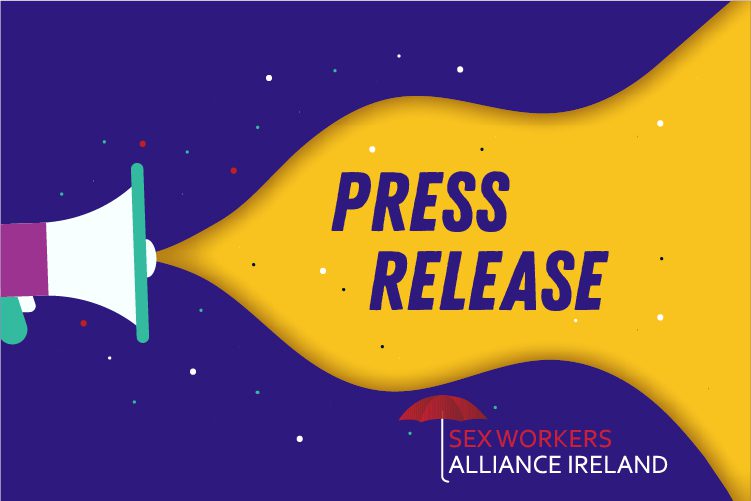
This week a phishing scam from someone pretending to be a major advertising site contacted non-national sex workers who are currently advertising. Later in the week, these texts escalated into extreme threats of violence, including threats of murder.
Separately a man with an Irish accent has been calling sex workers, harassing them with threats of violence. All of this is part of an ongoing, sustained campaign of harassment with serious time and resources being put into it.
Mardi Kennedy, coordinator of the Sex Workers Alliance Ireland (SWAI) says “We are highlighting these events to warn sex workers about the phishing calls but also to highlight the type of violence against sex workers, who are mostly women, that goes unnoticed, unreported and not talked about.”
She continued “We also wanted to bring attention to the campaign of harassment that has been levelled against Ugly Mugs, the app sex workers use to keep themselves safe.
Due to online harassment, the person running the Ugly Mugs social media has been forced to take down their social media accounts. Ugly Mugs does not have an advertising budget and relies on word of mouth and social media to direct sex workers to this essential service. The police are powerless to address the violent threats that have been made to the person running the account and social media companies are indifferent.”
Linda Kavanagh, spokesperson for SWAI said “There have been countless complaints to 3rd parties about Ugly Mugs from somebody or some people over the past several months. This app is one of the few safety nets sex workers have. If this app disappears, sex workers will die. It is as simple as that.
Less than 1% of sex workers report crimes against them to the Gardaí, compared to 81% of the general population who have trust in Gardaí. How does this statistic not concern the Minister for Justice? How does it not concern those who campaign against gender-based violence?”
Linda continued “Sex workers are real people, who are forced to work alone to work legally. They are rejected from rape and sexual assault services because of their job. They are refused treatment by mental health professionals because the economic activity they perform is framed as acts of self-harm. Gardaí pose as clients and lied to sex workers to get access to them, under the guise of so-called welfare checks.
Threats and harassment are inevitable in the current environment of criminalisation and stigma. This violence is not from clients but from men who feel empowered by the law and the dehumanising language around sex workers. During the 16 Days to End Gender-Based Violence next month will we see a focus on the reality of harassment, stalking and threats to sex workers, or will we see more misguided support for laws and stigma that creates the environment for this violence?”
